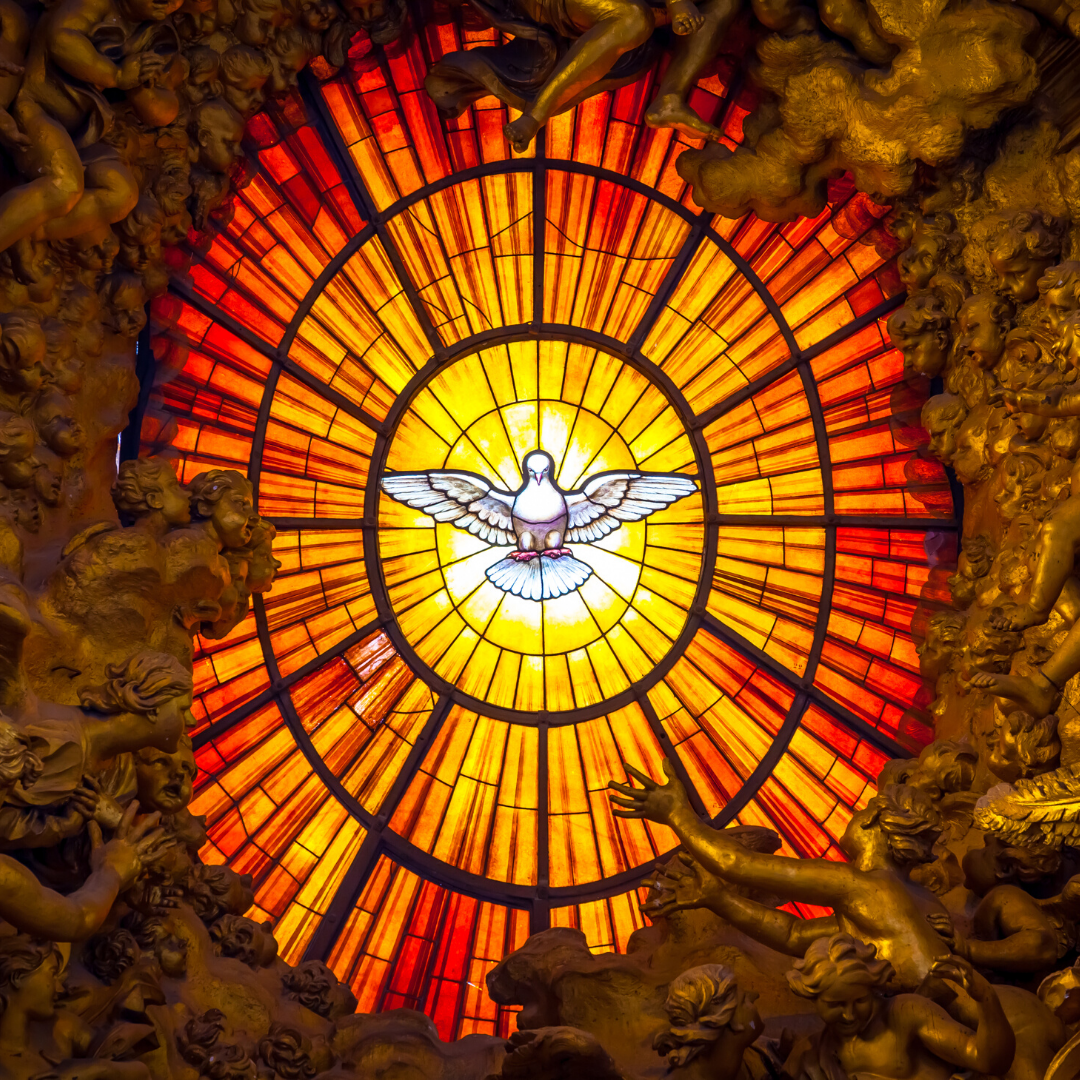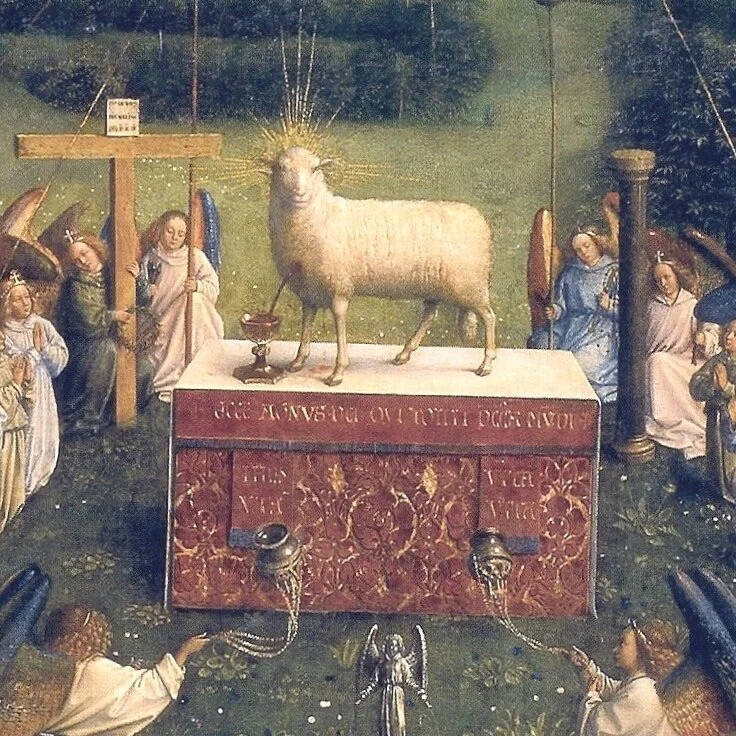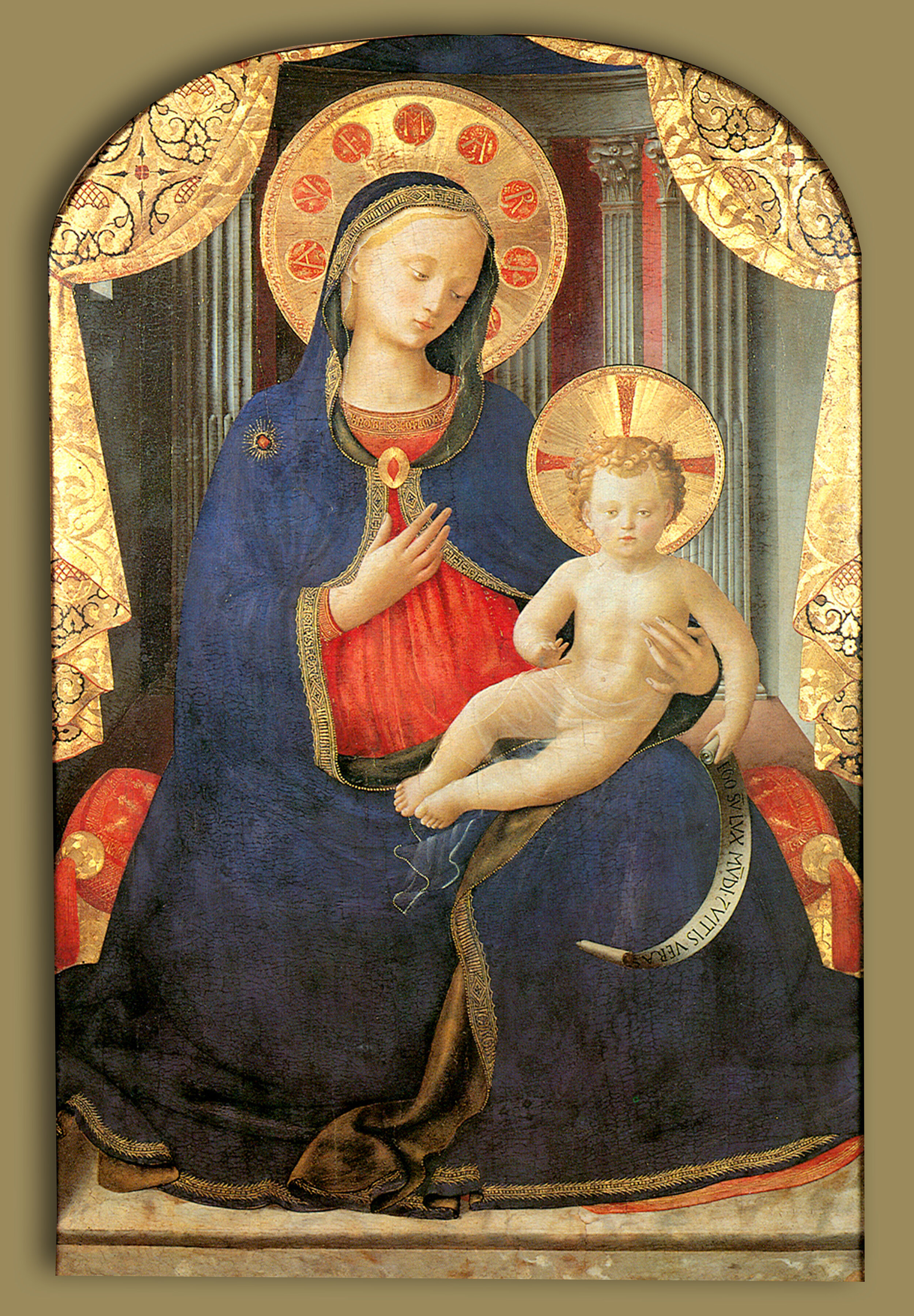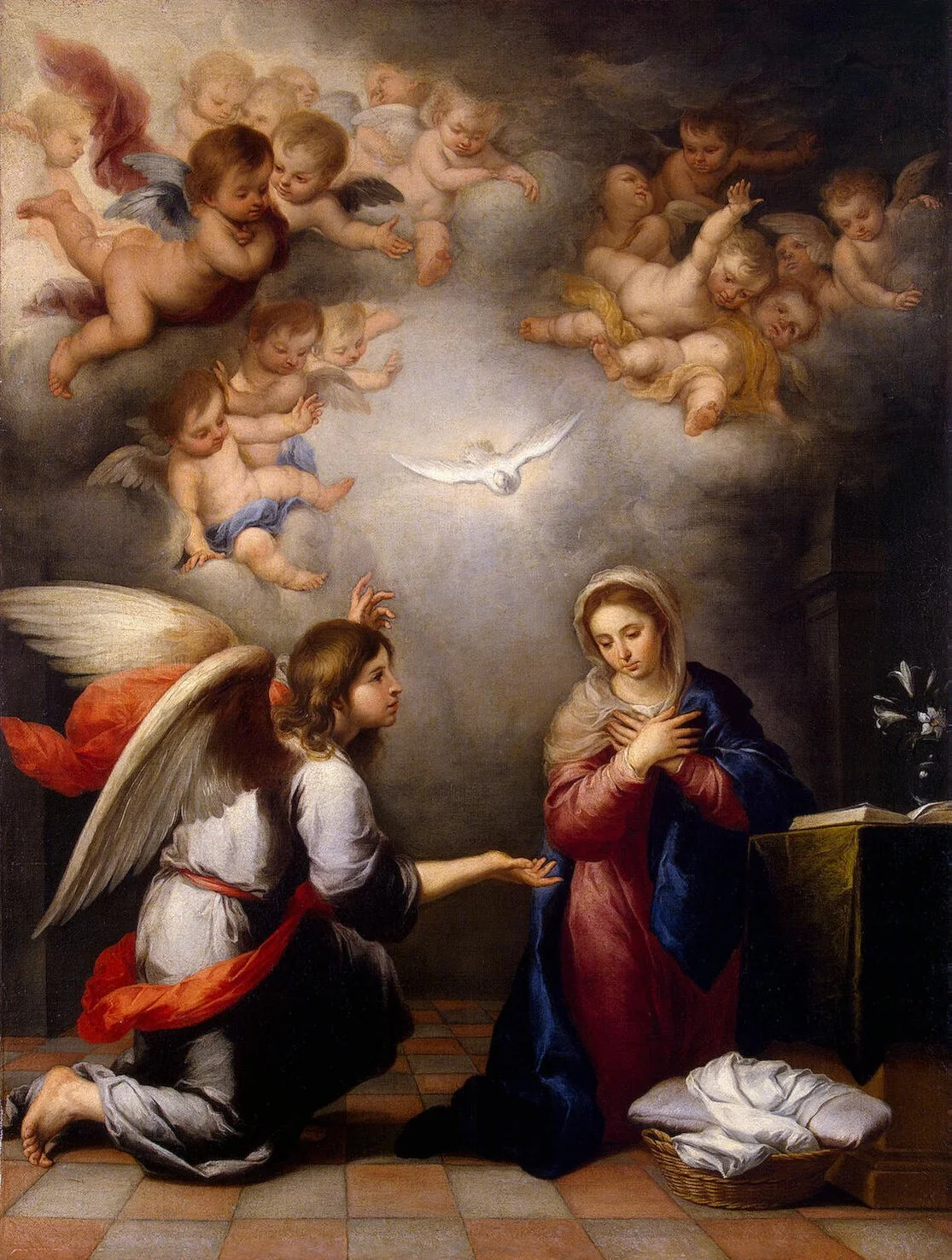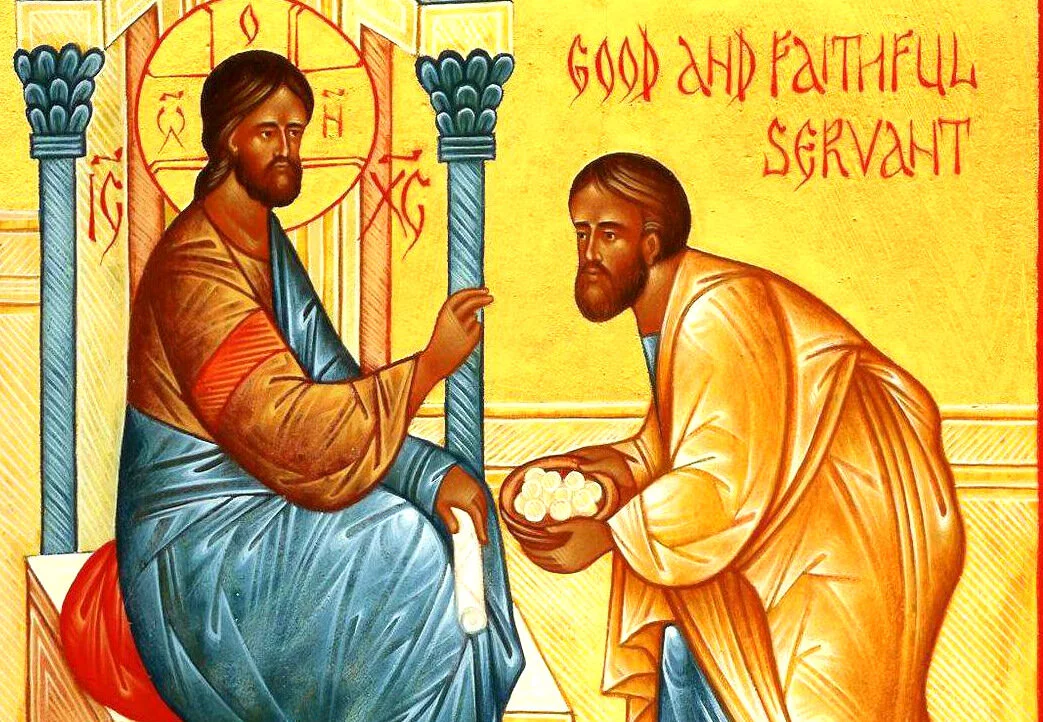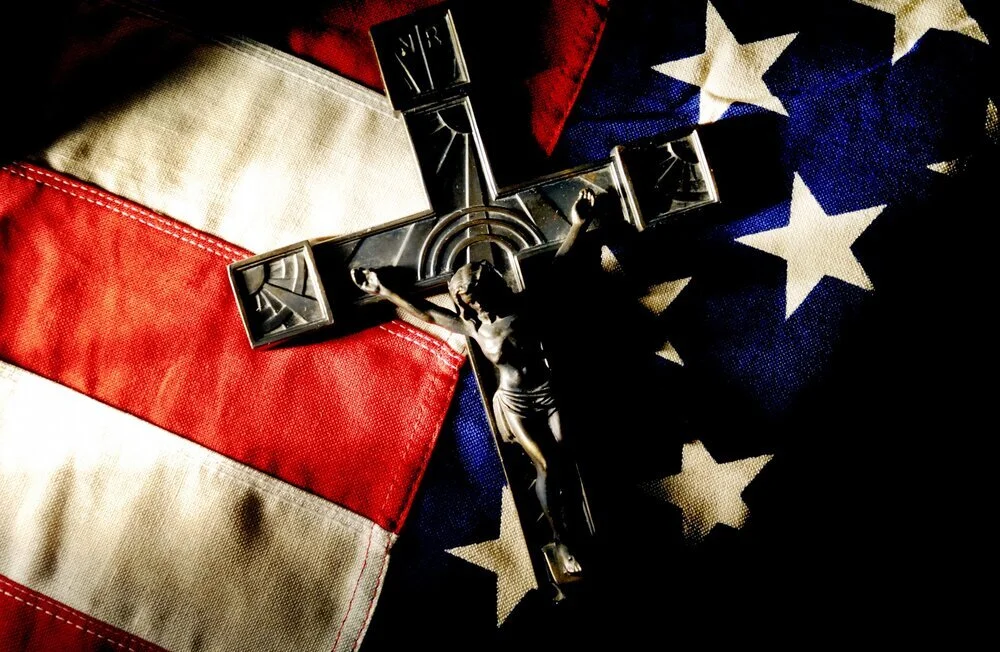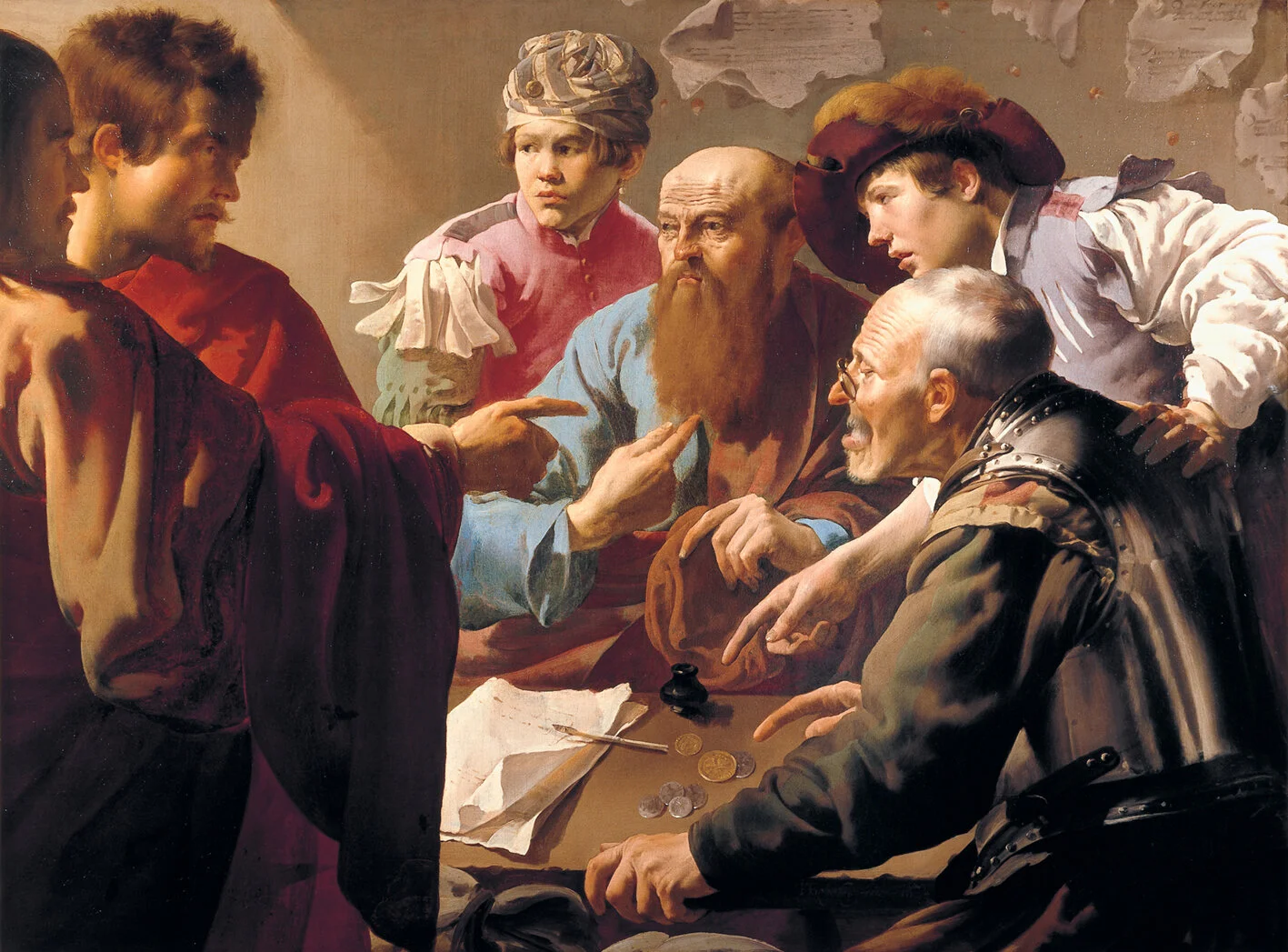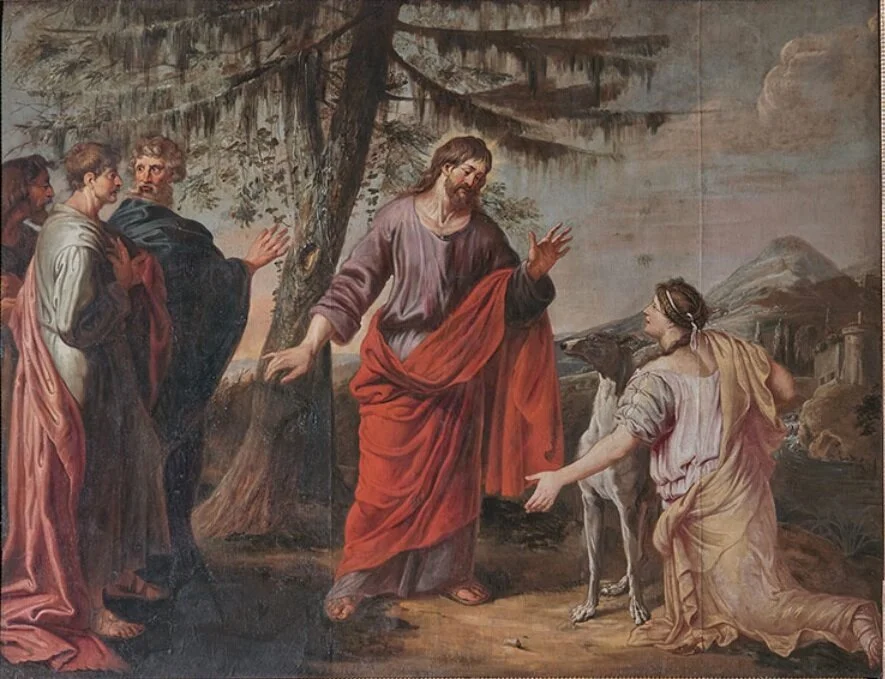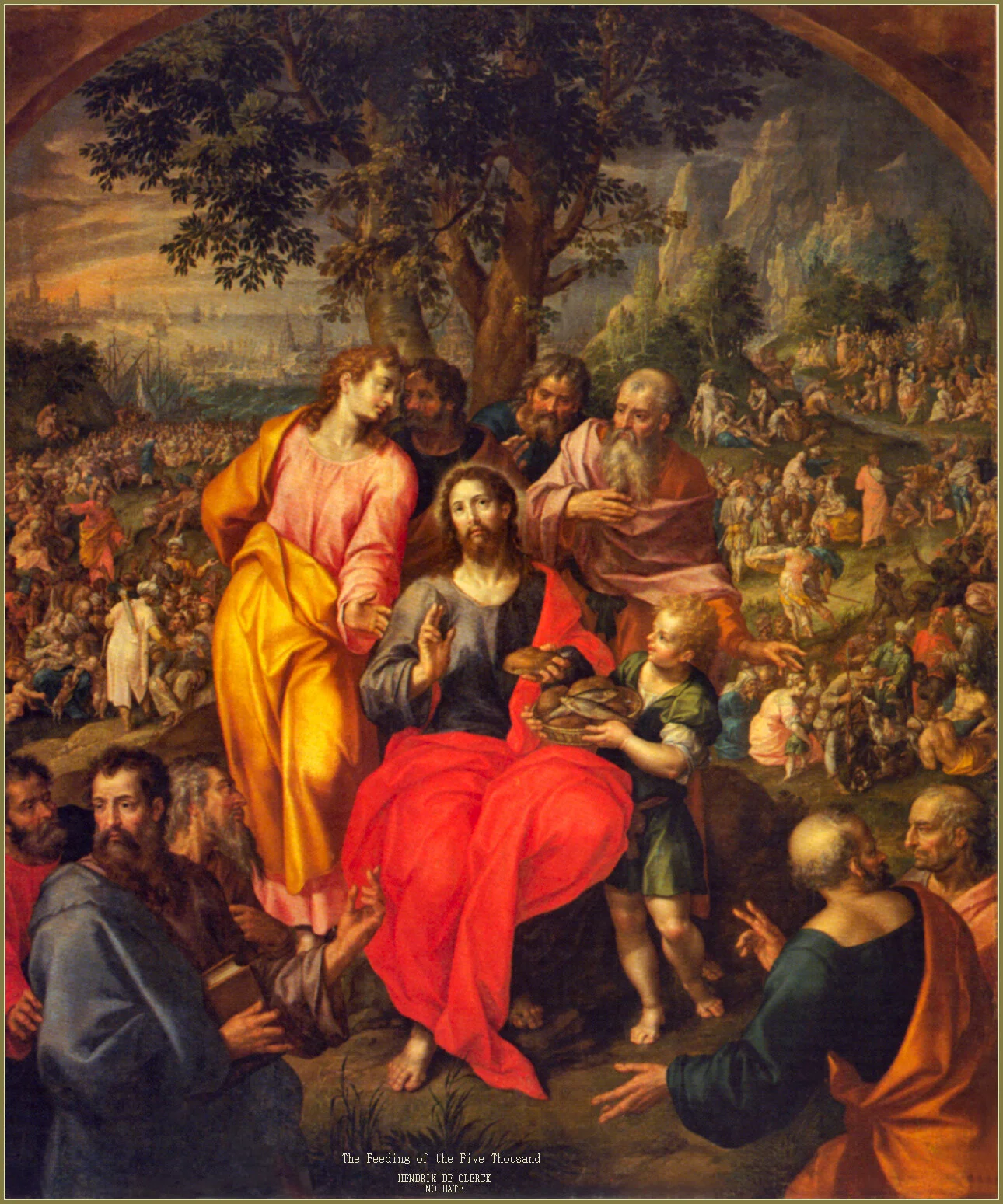Dominica XIV per Annum A
5 July 2020
Our Catholic philosophical and theological tradition identifies virtues. Virtues are habitual and firm dispositions to do what is good. The Catechism of the Catholic Church adds the following about virtues: “It allows the person not only to perform good acts, but to give the best of himself. The virtuous person tends toward the good with all his sensory and spiritual powers; he pursues the good and chooses it in concrete actions” (CCC, 1803). Those virtues called theological are direct gifts from God. We can picture them as being infused within us by God as gifts that form and perfect our interior being. As an extension or outgrowth of these gifts from God are those other virtues that are acquired by our effort, our training, and our personal discipline called moral virtues. The moral virtues perfect our exterior actions, they aid the greater ease by which our exterior actions conform to our interior being once it has been transformed by God’s gifts. St. Gregory of Nyssa says “The goal of a virtuous life is to become like God” (CCC 1803, footnote 63).
Focusing on the humanly acquired moral virtues, the Church’s tradition identifies the virtue of justice as one of the four main, or cardinal, moral virtues. Justice is that habit and firm disposition to give to others what is owed to them, what is their due. The virtue of giving to others what is owed to them is expressed in some different ways. The great philosopher and theologian, St. Thomas Aquinas, treats justice (Summa, II-II, Q. 101, Of Piety) in a way that fits well with the greatest command in the Gospels: the love of God and the love of neighbor. Growing out from justice, like a branch on a tree, is the virtue of religion. This is that specific moral virtue expressing justice by which we give to God what properly is His right. The virtue of religion disposes us to give primary attention to the worship we owe to God and to live in accord with His image and likeness, in which we have been made. At every Mass, once the gifts of bread and wine are prepared on the altar, the priest prays the following to the Heavenly Father, “It is truly right and just, our duty and our salvation” to worship God as an act of thanksgiving. It is just. It accomplishes justice. It is our duty and it saves us. Again, continuing as an outgrowth, like a branch, the moral virtue of filial piety is an extension of justice that is directed to give what is due and owed to our parents and to our country. Since we come from our parents and since we come from a particular fatherland we owe a certain reverence, respect, care, gratitude, and support to our parents, our relatives, our country, and our fellow citizens. We are indebted to various persons who have had some important impact in our lives and to the place of our birth, the place of our nourishment and growth, that has governed and shaped us by its culture and its values. The Greek and Latin term for ‘father’ is what forms the root for this filial piety toward one’s country, the patria. We commonly call this piety to one’s patria patriotism.
In the turmoil presently enveloping our country, and since Independence Day coincides with this weekend, I want us to hear that patriotism, love for and respect for one’s country, is a virtue and it should mark our lives as Catholics and as Americans. This is not a call to nationalism whereby one pretends one nation is morally superior to all others, or whereby one acts as if one’s nation does not have faults that need to be addressed. It is also not a call to xenophobia, whereby foreigners or those of different cultures are feared or even hated. Such ideas would not be virtuous at all. Much like we might have a basic respect for a family member who has faults, a virtuous person likewise cannot flag in his love for his country, even while admitting the complicated history that marks her, a history complicated precisely because men and women of every age who form a nation and its history are men and women with a fallen nature who have both good and bad qualities. I can both exercise a filial piety, a devotion and respect toward my parents and relatives and, at the same time, not support, recommend, or promote everything they do. The same is true in our devotion to our country. So, what might explain the wave of hostility and anti-American spirit that seems to be spreading across these United States of America?
There is confusion among our fellow citizens about what we owe our country. When you consider that patriotism is part of the family of the cardinal virtue of justice this confusion (sadly) should not surprise us. Since much of our country is confused about the nature of justice – what is owed to others – no surprise that further downstream we find laxity in the virtue of patriotism. If you don’t have a right relationship with God first, don’t be surprised that relationships with other persons and toward property and places will be less virtuous and may even become vicious. When more than one generation now has been raised in an atmosphere that is confused about the basic right to life, especially that of the unborn, we have a cataclysmic failure of justice and that will bear bad fruit beyond the most obvious and grave result of the tragedy of lost lives. Less grave, but still disturbing and telling, signs of confusion about justice can be seen in the cascade of lawlessness and self-destruction, revisionist history and rage, directed toward statues and buildings and national parks. Even the trend of kneeling out at the national anthem is a failure of patriotism, a failure of justice toward the country, what is owed to the country. The moral reasoning for this is that if you want to promote authentic and lasting justice you can’t refuse to give what is owed and due in one arena in the hopes of accomplishing justice in another arena.
To be clear so that I am not misunderstood, there is a right to peaceably assemble and to protest in a way that promotes justice. I fully support that. There are fine examples of true and just protest in our country, including protests against racism. But much of what the media these past weeks has portrayed as “protest” is actually rioting, anarchy, and criminal behavior. Domestic terrorism is not authentic protest. It is not just and it does not accomplish the virtue of justice. Hundreds and hundreds of thousands of protestors show up annually for the March for Life in Washington, DC. Crime and violence do not spike in that gathering. Yet far fewer people show up these past weeks in any downtown American city or outside a police headquarters and suddenly people are violently beaten, businesses and cars are on fire, and vandalism leaves the place trashed. I trust it is not at all difficult to see which is authentic and just protest, and which is not.
I think a spiritual source and one cause of the national crisis takes us right back to the root word from which we get patriotism. It is a crisis of fatherhood. I can’t prove it but I can’t help but sense and identify in the images of riots I see from across the country a seething and open rage rising from the absence of authentic fatherhood. I won’t claim it is absolutely applicable to each rioter but I suspect that in most cases someone with a father, or at least a strong father, would not be doing the things we see rioters doing. If a father was absent, or simply weak, or even harmful, what sense would a person have of the reverence and respect owed to parents, to others, and to one’s country? There would be no reverence. But the soul knows it ought to be there. And it aches in the emptiness. I think the Church bears her own responsibility in the crisis of fatherhood, but that is too much to treat in one sermon. In the larger society the break-up of the family, the rise of fatherless children, and the destruction of authentic masculinity are the societal signs of this absence of fatherhood that I suspect is a spiritual pain and a root cause of the rage erupting across our land.
You and I may not have quick solutions or be able to solve a crisis on a national level, but we can respond locally. First, in justice we give the best we can to God and continue to strengthen our relationship with our Heavenly Father, especially in worship, prayer, and personal conversion. Among the many good things our parish does, and while continuing to reverence and promote authentic femininity, we need to promote and nurture masculinity and fatherhood. We need to expect men to be men and to step into the battle, into the breech, to be mentors, leaders, and providers. Most certainly and directly, being a good husband to your wife and being a good father to your children is of prime importance. This fatherhood can extend to be mentors providing stability and influence to other boys, girls, children and teens, in school, in sports, and in religious formation settings. I strongly suspect God will bless virtuous masculinity and fatherhood. I strongly suspect that by it He will help form a strong and growing number of men and women who will positively form our culture now and well into the future according to the plans of our Constitution “to form a more perfect Union, establish Justice, insure domestic Tranquility, provide for the common defence, promote the general Welfare, and secure the Blessings of Liberty to ourselves and our Posterity” (Preamble of the Constitution of the United States of America). May God protect our Nation from threats both foreign and domestic and may God bless the United States of America!

